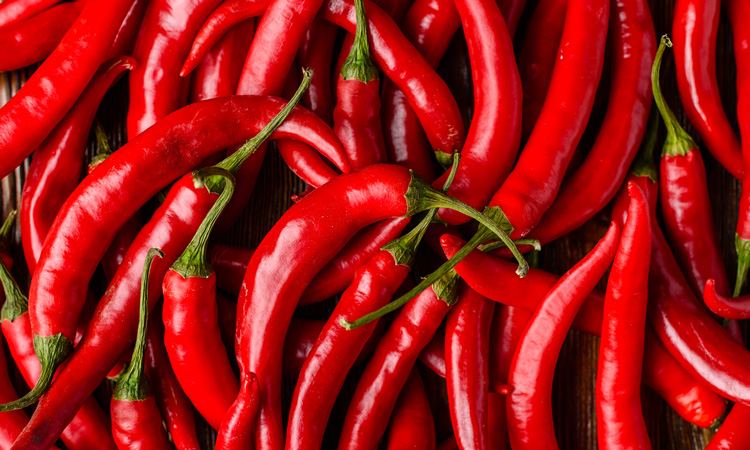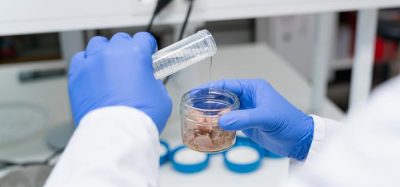Consumption of chili pepper reduces mortality risk, says study
- Like
- Digg
- Del
- Tumblr
- VKontakte
- Buffer
- Love This
- Odnoklassniki
- Meneame
- Blogger
- Amazon
- Yahoo Mail
- Gmail
- AOL
- Newsvine
- HackerNews
- Evernote
- MySpace
- Mail.ru
- Viadeo
- Line
- Comments
- Yummly
- SMS
- Viber
- Telegram
- Subscribe
- Skype
- Facebook Messenger
- Kakao
- LiveJournal
- Yammer
- Edgar
- Fintel
- Mix
- Instapaper
- Copy Link
Posted: 17 December 2019 | Sam Mehmet (New Food) | No comments yet
The Moli-sani study, which aims to learn about environmental and genetic factors underlying cardiovascular disease, cancer and degenerative pathologies, is said to be the first to explore the properties of this spice in relation to the risk of death in a European and Mediterranean population.


Research by the Department of Epidemiology and Prevention of I.R.C.C.S. Neuromed in Pozzilli, Italy has allegedly shown that people who consume chilli pepper on a regular basis have a reduced mortality risk by 23 percent compared to those who do not.
The research examined 22,811 citizens of the Molise region in Italy, studying their health status for an average period of eight years, and compared it with their eating habits. The researchers observed that, in people regularly consuming chili pepper (four times a week or more), the risk of dying of a heart attack was cut down by 40 percent.
“An interesting fact is that protection from mortality risk was independent of the type of diet people followed. In other words, someone can follow the healthy Mediterranean diet, someone else can eat less healthily, but for all of them chili pepper has a protective effect,” said Marialaura Bonaccio, Neuromed Epidemiologist and first author of the publication.
“Chili pepper is a fundamental component of our food culture. We see it hanging on Italian balconies, and even depicted in jewels. Over the centuries, beneficial properties of all kinds have been associated with its consumption, mostly on the basis of anecdotes or traditions, if not magic. It is important now that research deals with it in a serious way, providing rigor and scientific evidence. And now, as already observed in China and in the US, we know that the various plants of the capsicum species, although consumed in different ways throughout the world, can exert a protective action towards our health,” added Licia Iacoviello, Director of the Department of Epidemiology and Prevention at the I.R.C.C.S. Neuromed and Professor of Hygiene and Public Health at the Università dell’Insubria of Varese.
The researchers have said that new researches will be now necessary to understand the biochemical mechanisms through which the chili pepper and its ‘relatives’ (all united by the presence of a substance called capsaicin) act.
Related topics
Related organisations
Department of Epidemiology and Prevention of I.R.C.C.S. Neuromed









